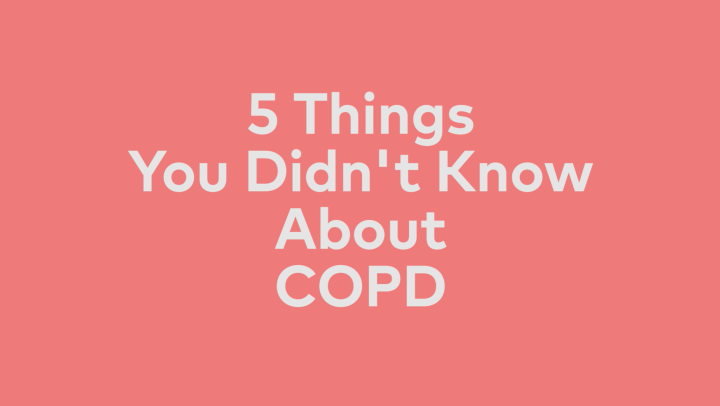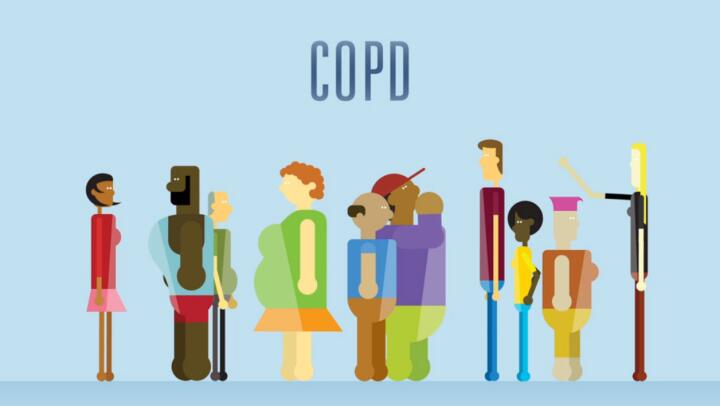Read on to learn more about smoking and how it affects your body.
Sex and gender terms
Sex and gender exist on spectrums. For the purposes of this article, we use “male” and “female” to refer to a person’s sex assigned at birth.

Smoking harms almost every organ in your body. It exposes you to thousands of chemicals, many of which are toxic. These chemicals
- nicotine, a highly addictive drug
- formaldehyde
- cyanide
- ammonia
- arsenic
- lead
If you are close to a person who smokes, you inhale secondhand smoke. This exposes you to the same toxins and can lead to further complications.
Complications of smoking
Smoking
Smoking can affect almost every area of your body. Smoking
Lungs
- Chronic obstructive pulmonary disease (COPD): Damage to the lungs makes it difficult for oxygen to get to the rest of the body.
- Chronic bronchitis: Overproduction of mucus in the airways causes a long lasting cough.
- Emphysema: Damage to the air sacs in the lungs means not enough oxygen reaches the blood.
- Lung cancer: Smoking causes almost
9 out of 10 Trusted Source Centers for Disease Control and Prevention (CDC) Governmental authority Go to source lung cancer deaths.
Heart and blood vessels
- Coronary artery disease: This is a condition where the heart muscle does not receive enough oxygen-rich blood from the arteries.
- Heart attacks and strokes: High blood pressure and a reduced ability to exercise can contribute to heart attack and stroke risks.
- Peripheral arterial disease (PAD): This condition causes plaque to build up in the arteries, restricting blood flow to your limbs and organs.
- Peripheral vascular disease (PVD): This condition causes your blood vessels to narrow, restricting blood flow in your feet, legs, and thighs.
- Aortic aneurysm: This is a condition where the aorta develops a bulge that can grow and rupture. The aorta is the main artery leading from the heart to other areas of the body.
Reproductive system
In females (assigned at birth), smoking can cause these complications with the reproductive system:
- Reduced likelihood of pregnancy: Becoming pregnant can be more difficult for people who smoke.
- Ectopic pregnancy: This occurs when the embryo develops outside the uterus.
- Placenta previa: This means that the placenta is in the wrong place.
- Placental abruption: This happens when the placenta detaches from the uterus prematurely.
- Cervical cancer: Smoking
can double Trusted Source American Cancer Society Highly respected international organization Go to source your risk of developing cervical cancer.
In males (assigned at birth), smoking can cause erectile dysfunction and reduced fertility.
Other complications include:
- pregnancy loss
- stillbirths
- congenital disorders
- premature or low-weight births
- SIDS
Mouth
- gum disease
- stained teeth
- bad breath
- loss of taste
- tooth loss
- oral cancer
Eyes
Other cancers that smoking can cause
- pancreatic cancer
- throat cancer
- stomach cancer
- kidney cancer
- liver cancer
- bladder cancer
- colon cancer
- rectal cancer
Other effects of smoking
- premature skin aging
- thinner bones, which increase your risk for fractures
- greater risk for type 2 diabetes
- prolonged wound healing
- reduced immune system function
- greater risk for rheumatoid arthritis
Smoking has a wide impact on your body, so the symptoms of smoking-related diseases and conditions
- bad breath and yellowing of the teeth
- frequent or recurrent respiratory illnesses
- high blood pressure
- loss of taste and smell
- low oxygen levels in the blood
- low tolerance for exercise and fatigue
- premature aging and wrinkling of the skin
- shortness of breath and difficulty breathing
- smoker’s cough, an ongoing loose cough that produces phlegm
Serious diseases and conditions
Long-term smoking
- heart attacks
- strokes
- oral cancer
- lung cancer
- heart disease
- COPD
Seek immediate medical care if you or someone with you is experiencing any of these potentially serious symptoms:
- chest pain, chest tightness, chest pressure, or palpitations
- fever higher than 101°F
- persistent, wet cough
- shortness of breath or difficulty breathing
The factors that lead a person to start smoking can be difficult to understand. Many people
In 2020, the CDC estimated that almost
Once started, smoking and other forms of tobacco use are difficult to stop. Nicotine, which is present in tobacco, is a highly addictive substance. Like many other addictive substances, nicotine triggers biochemical reactions and pleasant sensations. People who try to quit smoking experience unpleasant side effects resulting from nicotine withdrawal. These side effects make it more difficult to quit.
There does not appear to be a specific trigger that causes a person to start smoking. However, several risk factors are associated with smoking. These
- lower education level
- lower income level
- anxiety or depression
- lack of health insurance
Quitting is difficult and
- a
quit plan Trusted Source American Cancer Society Highly respected international organization Go to source prescription drugs Trusted Source American Cancer Society Highly respected international organization Go to source , such as varenicline (Chantix) or bupropion (Zyban)nicotine replacement therapy (NRT) Trusted Source American Cancer Society Highly respected international organization Go to source , which involves using nicotine patches, gum, or other methods to wean yourself off of nicotine- counseling or therapy
Quitting smoking is one of the best things you can do for yourself, your health, and your family and friends. Quitting smoking will have some immediate benefits:
- less coughing
- better circulation
- lower heart rate
- lower blood pressure
- more oxygen in your blood
What can I smoke instead of cigarettes?
Smoking anything containing tobacco poses potentially serious health risks. There are no safe smoking options.
Is vaping worse than cigarettes?
The
Is smoking once a week safe?
There is no level of tobacco use that is safe. Even occasional use can cause potentially serious conditions and diseases.
Smoking affects almost every part of your body. It can cause cancer, heart disease, pregnancy complications, and strokes. There is no safe level of tobacco use, and quitting smoking will provide immediate benefits.
If you are experiencing severe or persistent symptoms that could be related to smoking, talk with your doctor.












